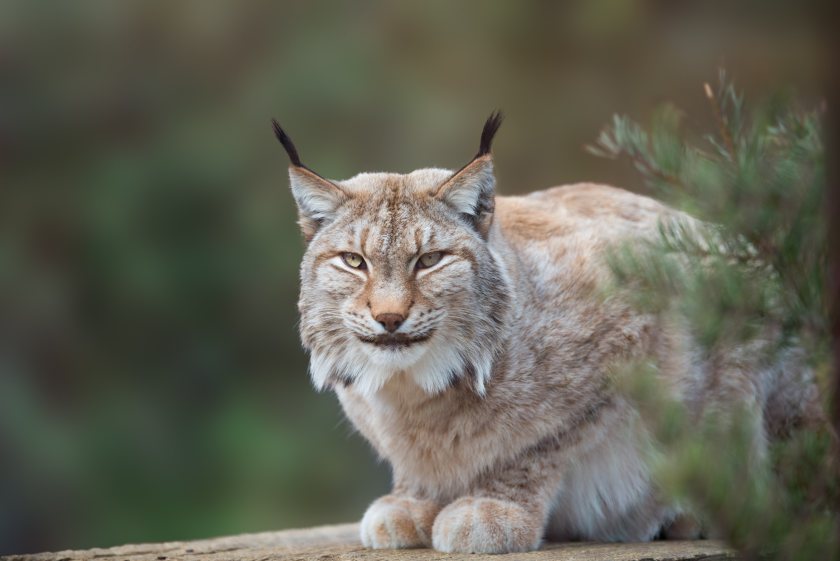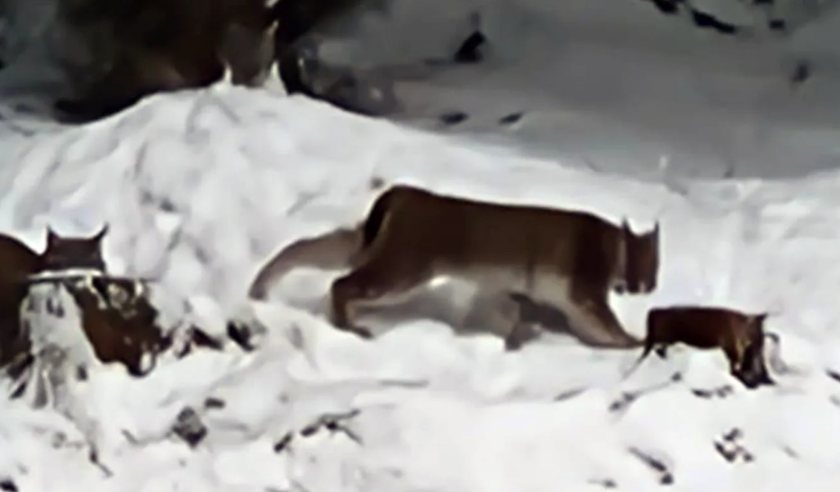
Two lynx have been captured after being illegally released in the Highlands, as sheep farmers continue to highlight concern over the species' reintroduction.
The Royal Zoological Society of Scotland (RZSS) said it had successfully captured the Lynx which were illegally released into the Cairngorms.
Working alongside Police Scotland, experts from the wildlife charity humanely trapped the cats overnight (8-9 January).
They are now being cared for in quarantine facilities at Highland Wildlife Park before being transferred to Edinburgh Zoo.
Some conservation groups have been campaigning to have the wild cats re-introduced into Scotland.
But the sheep sector has frequently said that any reintroduction could be far reaching, including the stress placed on farmers knowing that an apex predator is in the vicinity.
Evidence shows that some European sheep flocks have suffered great losses due to lynx predation.
RZSS condemned the last night's illegal release as 'highly irresponsible', adding that it was likely the lynx would have died in the wild.

Chief executive David Field said: “It was a highly irresponsible act and it is very unlikely they would have survived in the wild due to a lack of adequate preparation.
“Their abandonment was reckless to the animals, public the community and nature.
“We are extremely grateful to all the residents, estates, farmers and conservation partners locally that provided information to us and the police."
The sheep sector has raised concerns over any plans for a licence application that could see the predator species released into the landscape.
The National Sheep Association (NSA) has previously called for a 'full consultation' before a decision is taken to reintroduce the Eurasian Lynx.
The body's chief executive, Phil Stocker said there must be 'practical and science-based evidence and reasoning' before any move.
He said: "NSA would advocate for a case-by-case approach to ensure there is a robust and clear strategy to ensure unintended consequences are avoided.
"As an organisation we will engage constructively with this conversation, on the understanding that it will inform whether a formal consultation should proceed in advance of any licence application.
“As sheep farmers, we will be far more directly affected than most and we have a duty and a right to express our views."
